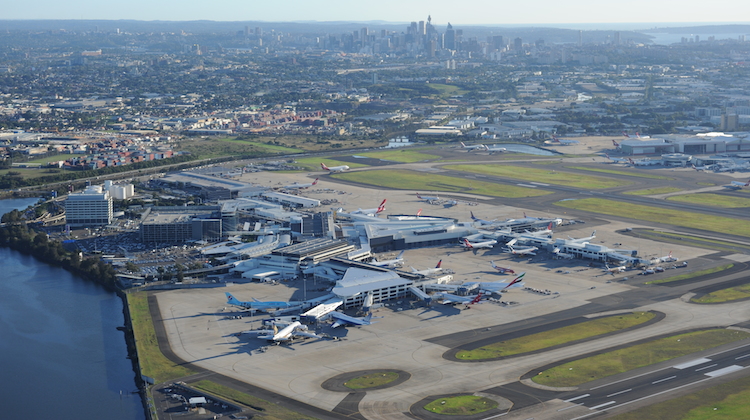
Airlines exercised capacity restraint on international routes into and out of Australia in January, government figures show.
The Bureau of Transport, Infrastructure and Regional Development (BITRE) report said the number of available seats on international routes rose 1.5 per cent in January 2015, compared with the prior corresponding period.
The cautious approach to capacity in January comes on top of the 1.4 per cent increase in available seats in December 2014 and the 0.7 per cent reduction in November.
Total passengers carried rose 2.8 per cent to 3.28 million in January, while freight tonnes carried was up a healthy 10 per cent.
Meanwhile, Qantas retained its position at Australia’s largest international carrier in January with a 15.3 per cent share of passengers carried, down from 16 per cent a year ago.
Australia’s second international largest carrier and Qantas alliance partner Emirates increased its share to 9.5 per cent, from 9.3 per cent in the prior corresponding period.
In third position was Jetstar, with the Qantas-owned low-cost carrier improving its passenger share to 9.1 per cent, up 0.7 percentage points from a year earlier.
Australia’s other international airline Virgin Australia increased passenger share by 0.1 percentage point to 7.3 per cent.
“The share of passenger traffic accounted for by Australian designated airlines has increased slightly from 29.6 per cent in January 2014 to 29.7 per cent in January 2015,” the BITRE report said.




